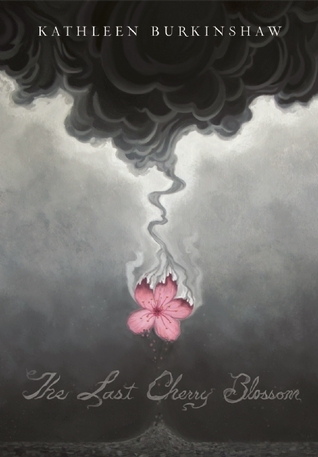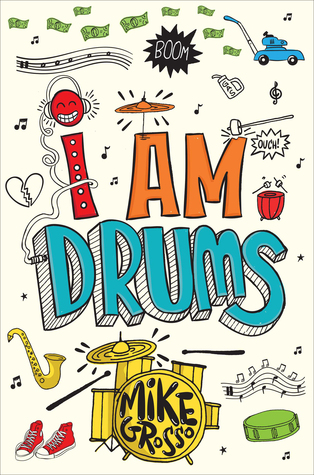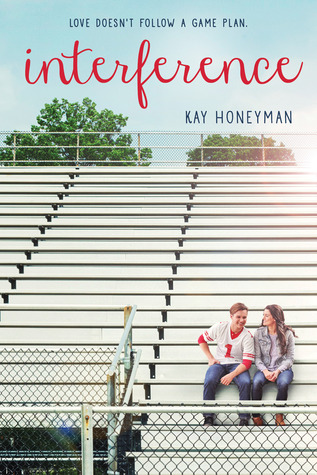 |
| Click to view on Goodreads |
Then Marcel learns two big secrets, and he realizes there are worse things about the war than a canceled race. When he later discovers that his friend's entire family is in imminent danger, Marcel knows he can help -- but it will involve taking a risky bicycle ride to pass along covert information. And when nothing ends up going according to plan, it's up to him to keep pedaling and think quickly... because his friend, her family, and his own future hang in the balance.
(208 pages)
When I requested The Bicycle Spy, I envisioned a group of kids smuggling covert information in their bike baskets, biking heroically over the border of some European country (possibly over a snow-covered mountain) to do their part in getting some Jews get away from the Nazis.
Yeah. I should have read the description a little more carefully. This is about a boy from a small town in France, whose parents are bakers and who loves to bike. He becomes good friends with the new girl who just moved to town, but soon discovers that she and her family are hiding a secret that puts them in danger from the French soldiers who are loyal to the Nazis and have taken over the countryside. There's lots of biking, to be sure, and certainly quite a bit of smuggling in bike baskets, but no border-crossing or snow-covered mountains. I don't really mind, though, because The Bicycle Spy is just about perfect all on its own.
The only reason I say "just about," rather than that it "is" perfect, is that I wish the book were longer. There were some storylines (especially those having to do with Marcel and Delphine's relationships with the other kids) that would have been interesting to see be developed more thoroughly. Considering that The Bicycle Spy is written for middle-school kids, though, I suppose I can't really hold its shortness against it. McDonough actually does an amazing job packing so much material into just 200 pages.
I thought the details about bike riding were really great. I personally haven't actually ridden a bike in over two years (ever since I injured my wrist falling off a horse–I'm a little paranoid about crashing and hurting it again), but I bet a lot of kids will be drawn to the discussions/descriptions of cycling that come up periodically. Marcel's obsession with the Tour de France, and the way he pretends to be competing in it whenever he's biking, adds a great dimension to the book. The fact that Delphine is also obsessed with biking also makes their friendship very natural–because they actually have something in common! People in books becoming best friends/falling in love when they don't even have any shared interests is a pet peeve of mine, so I was happy about how genuine Marcel's and Delphine's friendship felt.
Honestly, I think genuine is a good word for the book as a whole. All of the characters, from Marcel's parents to Delphine to the boys at school, simply seem real. They read like actual human beings, not just fictional characters. Marcel is not some wonder-child hero out of a romantic novel. He's a real kid, brave yet flawed, who wants desperately to do the right thing but is terrified that he'll make a mistake and bring destruction down on himself and the people he cares most about.
I truly enjoyed reading The Bicycle Spy. There are so many WWII books out there, and pretty much every part of the war has been explored in detail, but I don't think I'd ever read a story set in German-controlled rural France before. It was a very interesting angle, one that is particularly fitting for middle schoolers (not nearly as violent as many books set during the war). I highly recommend The Bicycle Spy to any and all who are interested in it.
Disclaimer: I received a complimentary ARC of this novel from the publisher in exchange for an honest review.
When I requested The Bicycle Spy, I envisioned a group of kids smuggling covert information in their bike baskets, biking heroically over the border of some European country (possibly over a snow-covered mountain) to do their part in getting some Jews get away from the Nazis.
Yeah. I should have read the description a little more carefully. This is about a boy from a small town in France, whose parents are bakers and who loves to bike. He becomes good friends with the new girl who just moved to town, but soon discovers that she and her family are hiding a secret that puts them in danger from the French soldiers who are loyal to the Nazis and have taken over the countryside. There's lots of biking, to be sure, and certainly quite a bit of smuggling in bike baskets, but no border-crossing or snow-covered mountains. I don't really mind, though, because The Bicycle Spy is just about perfect all on its own.
The only reason I say "just about," rather than that it "is" perfect, is that I wish the book were longer. There were some storylines (especially those having to do with Marcel and Delphine's relationships with the other kids) that would have been interesting to see be developed more thoroughly. Considering that The Bicycle Spy is written for middle-school kids, though, I suppose I can't really hold its shortness against it. McDonough actually does an amazing job packing so much material into just 200 pages.
I thought the details about bike riding were really great. I personally haven't actually ridden a bike in over two years (ever since I injured my wrist falling off a horse–I'm a little paranoid about crashing and hurting it again), but I bet a lot of kids will be drawn to the discussions/descriptions of cycling that come up periodically. Marcel's obsession with the Tour de France, and the way he pretends to be competing in it whenever he's biking, adds a great dimension to the book. The fact that Delphine is also obsessed with biking also makes their friendship very natural–because they actually have something in common! People in books becoming best friends/falling in love when they don't even have any shared interests is a pet peeve of mine, so I was happy about how genuine Marcel's and Delphine's friendship felt.
Honestly, I think genuine is a good word for the book as a whole. All of the characters, from Marcel's parents to Delphine to the boys at school, simply seem real. They read like actual human beings, not just fictional characters. Marcel is not some wonder-child hero out of a romantic novel. He's a real kid, brave yet flawed, who wants desperately to do the right thing but is terrified that he'll make a mistake and bring destruction down on himself and the people he cares most about.
I truly enjoyed reading The Bicycle Spy. There are so many WWII books out there, and pretty much every part of the war has been explored in detail, but I don't think I'd ever read a story set in German-controlled rural France before. It was a very interesting angle, one that is particularly fitting for middle schoolers (not nearly as violent as many books set during the war). I highly recommend The Bicycle Spy to any and all who are interested in it.
Disclaimer: I received a complimentary ARC of this novel from the publisher in exchange for an honest review.












